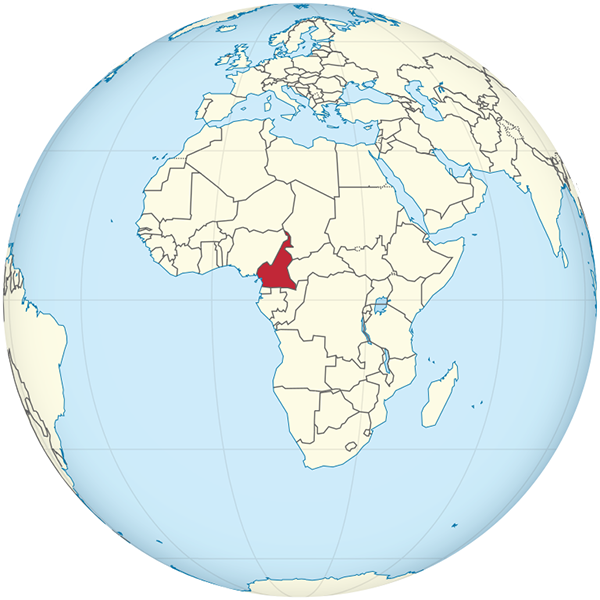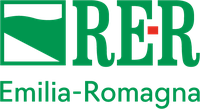Cameroon
The collaborations between Cameroon and the Emilia-Romagna Region
General profile of Cameroon
Country: | Camerun |
President: | Paul Biya |
Capital: | Yaoundé |

Cameroon is a unitary, presidential, unicameral republic in equatorial Africa. Its capital is Yaoundé. It has over 200 different ethnic and language groups. The official languages are French (spoken by a majority of the population) and English. The president is Paul Biya. It has existed as an independent nation since 1960. Previously, the region was the seat of a Bantu kingdom, a German colony, a British colony and an Anglo-French colony.
In Cameroon, there is a lot that can be done in the agricultural and agri-food sectors. Thanks to a climate characterised by variety and a land suitable for many types of crops, Cameroonian agriculture can be considered to be flourishing. Agriculture accounts for 21.7% of GDP and is the main source of income, especially in rural areas. Like other African countries, Cameroon’s economy is still tied to the production of export crops (bananas, cocoa, coffee, sugar cane, tea), while the development of industrial processing activities remains limited. Despite the country’s potential wealth in terms of agricultural production, the vast majority of food products are imported.
Cameroon has been a priority area for the international cooperation activities of the Emilia-Romagna Region since 2018. Between 2018 and 2021, the Region approved 12 projects (including one strategic project) which actively involved the Cameroonian communities living in Emilia-Romagna. The Emilia-Romagna Region confirmed Cameroon among the priority areas for its 2021-2023 international cooperation activities.
The working group on Cameroon convened periodically by the Region has seen an increase in participation and in the number of stakeholders. It is proving to be an effective networking tool that generates interesting and complex projects.
With regard to institutional relations, incoming missions from Cameroon to Emilia-Romagna have also increased in recent years, especially by delegations interested in studying the Emilia-Romagna model in certain priority areas: agriculture, schooling and training, vocational training, university education, and administrative decentralisation. In May 2022, a delegation led by Cameroon’s Minister of Decentralisation and Local Development, George Elanga Obam, was received in Emilia-Romagna.
Areas of cooperation
Decentralised cooperationInstitutional relations Administrative decentralisationUniversitiesTraining
- B.I.O! - Camerun - bisogni, identità, opportunità! (Cameroon - needs, identities, opportunities!)
The project aims to build a surface well and promote training activities with the objective of giving rural communities access to clean water sources and spreading awareness of good hygiene practices - Voglia di futuro (Yearning for the future)
Improving the socio-economic, nutritional and sanitary conditions of vulnerable young people in West Cameroon, particularly inmates and former inmates - ER3-
Subjectivity and strengthening the resilience of the socio-economic and agri-food systems of refugee, displaced, returnee and host populations in the far north of Cameroon - Sviluppo rurale (Rural development)
Local development, training, health and sustainability in rural Cameroon: women as pillars in growth processes - Cambio rotta (Changing course)
Improving the socio-economic, nutritional and sanitary conditions of vulnerable young people in West Cameroon, particularly inmates and former inmates - Educare (Educate)
Access to education and health care for street children in Yaoundé - BI.A.R.E. - CAMERUN (Changing - Cameroon)
Bisogni, accessibilità, risorse, emancipazione (Needs, accessibility, resources, emancipation).
